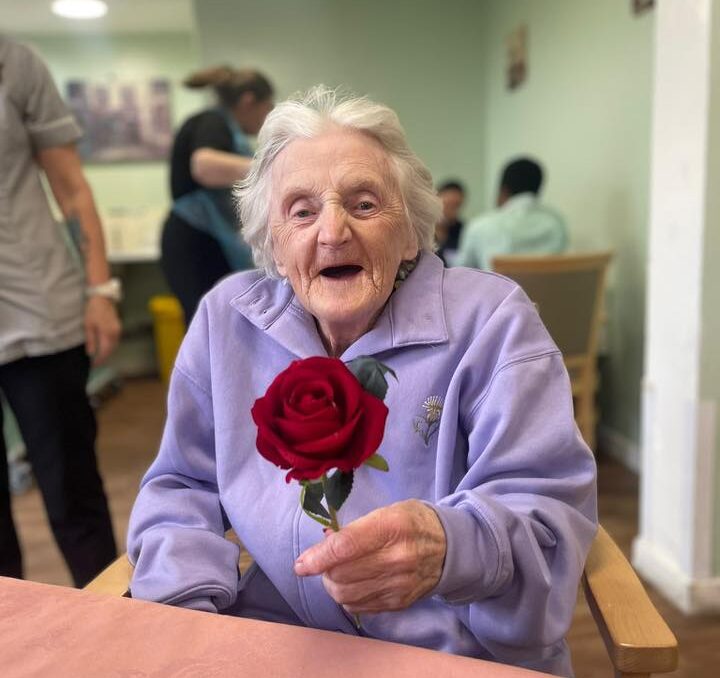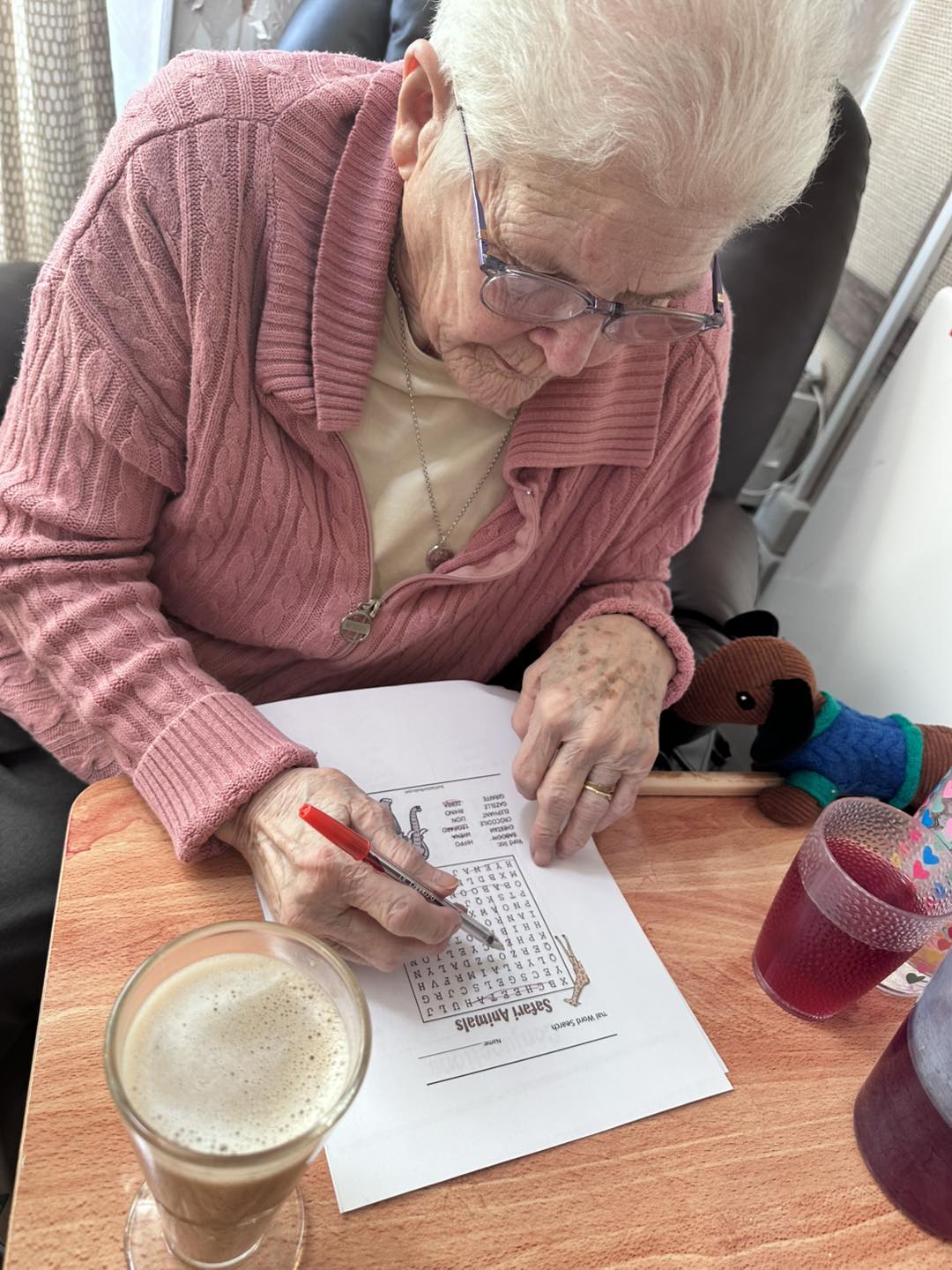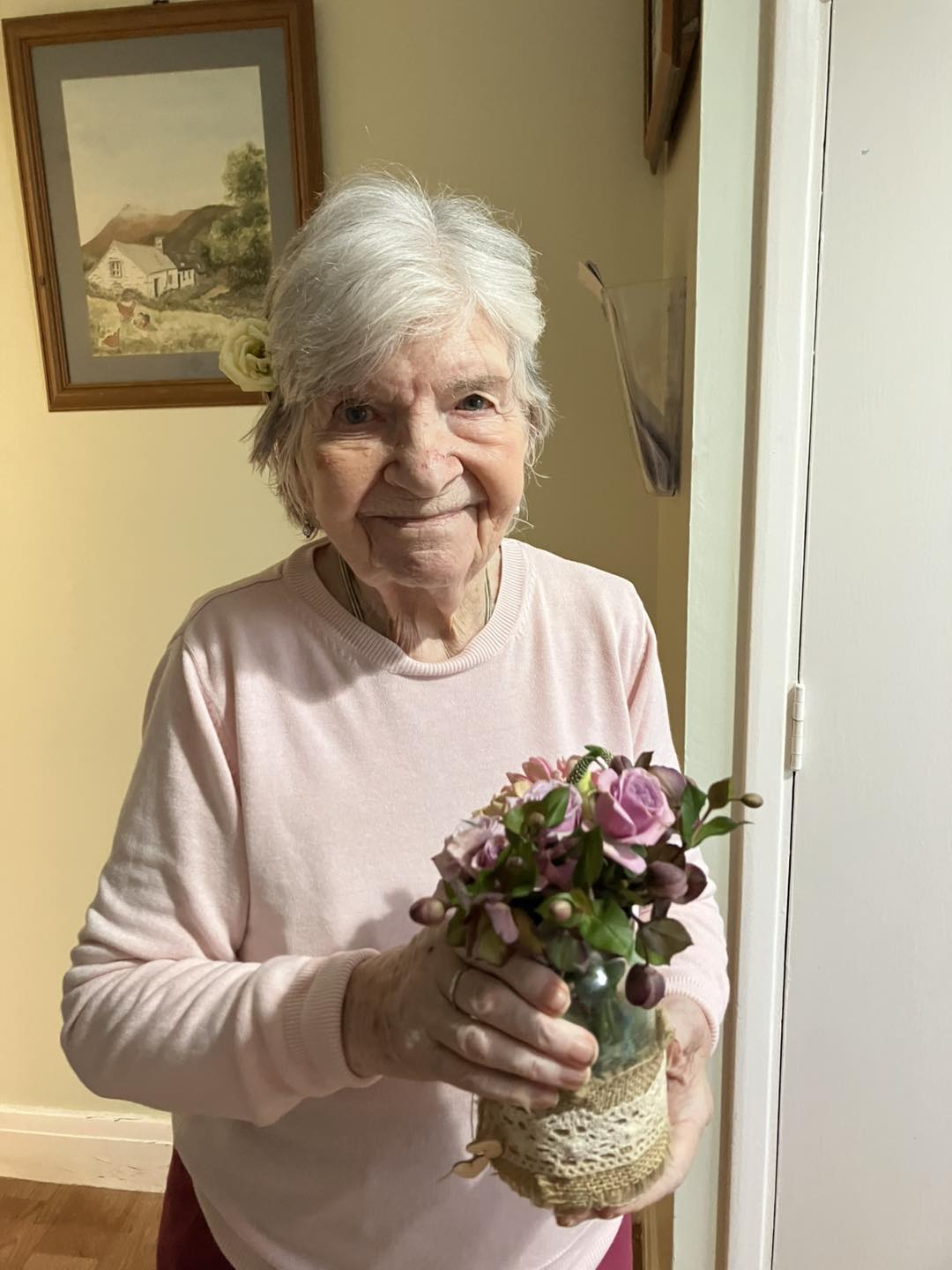When facing a mountain as daunting as a life-threatening illness, palliative care serves as both a compass and a sturdy pair of boots, guiding you and your loved ones through the rocky terrain with greater ease. It’s about managing physical symptoms, yes, but it’s also about providing emotional and spiritual support, helping navigate healthcare decisions, and enhancing family well-being.
You might wonder how exactly this approach can ease not just the physical pain but also the emotional and spiritual turmoil that comes with such diagnoses. Stick around, and let’s explore the multifaceted benefits of palliative care together, uncovering why it’s considered a cornerstone in the journey through severe illness.
Key Takeaways
– Palliative care improves quality of life by addressing physical, emotional, social, and spiritual needs.
– It offers symptom management strategies tailored to individual needs for maximum comfort.
– Emotional and spiritual support is provided, including grief counselling and holistic therapies.
– Guidance on healthcare decisions and family support enhances well-being and eases decision-making processes.
Understanding Palliative Care
Palliative care, aimed at improving your quality of life, offers compassionate support and relief from the symptoms and stress of a life-threatening illness. Its origins lie in a deep-rooted desire to provide comfort and dignity to those at any stage of a serious health condition, recognizing the unique needs of each individual. This holistic approach encompasses not just the physical aspects, but the emotional, social, and spiritual needs as well.
Understanding palliative care means knowing it’s there for you, irrespective of your illness’s prognosis. It’s a misconception that it’s only for the end of life. In fact, integrating palliative care early can lead to a better quality of life. The accessibility of these services has significantly evolved, ensuring more people can benefit from this specialised care. Hospitals, home care services, and specialised clinics now offer palliative care, making it easier for you and your loved ones to access the support you need, when you need it.
Managing Physical Symptoms
After understanding the holistic nature of palliative care, let’s focus on how it specifically addresses managing physical symptoms to enhance your comfort and well-being. When you’re navigating a life-threatening illness, the physical discomfort can be as challenging as the diagnosis itself. Palliative care steps in to alleviate these burdens through a personalised approach.
Here’s how:
- Symptom Assessment: Initially, a detailed evaluation of your symptoms is conducted. This isn’t just a one-time process; it’s continuous, adapting as your needs and conditions change. By understanding the full spectrum of what you’re experiencing, your care team can tailor interventions that tackle your specific issues.
- Medication Optimization: Your medication regimen is meticulously reviewed and optimised. This means adjusting dosages, introducing new medications, or even discontinuing ones that aren’t beneficial. The goal is to ensure maximum relief with minimal side effects.
- Non-Medical Interventions: Beyond medications, techniques like physical therapy, nutritional support, and relaxation exercises are incorporated to address your symptoms holistically.
In palliative care, you’re not just a patient; you’re a partner in your care. This approach ensures your physical discomfort is managed with the utmost empathy and expertise, allowing you to focus more on living fully, despite your illness.
Emotional and Spiritual Support
Battling a life-threatening illness isn’t just a physical journey; it also takes a significant emotional and spiritual toll on you and your loved ones. Palliative care recognizes this complex web of needs and offers support that goes beyond managing symptoms. It’s about nurturing your whole being during this challenging time.
Palliative care teams include professionals trained in grief counselling, providing you and your family with a safe space to express feelings, fears, and hopes. It’s an integral part of the process, helping you navigate the emotional upheavals that come with illness. They’re there to listen, to comfort, and to provide guidance when the emotional weight feels too heavy to bear alone.
Moreover, palliative care often incorporates holistic therapies aimed at soothing your spirit and mind. These can include activities like music therapy, art therapy, or meditation—each designed to bring you relief and a sense of peace amidst turmoil. These therapies highlight the importance of caring for your emotional and spiritual well-being, not just your physical health.
Guidance Through Healthcare Decisions
Navigating the complex landscape of healthcare decisions becomes significantly more manageable with the support of a palliative care team beside you. When you’re facing a life-threatening illness, the myriad of treatment options and decisions regarding your care can feel overwhelming. However, your palliative care team is there to guide you through these choices with empathy and expertise, ensuring you’re not alone in this journey.
Here’s how they assist:
- Clarification of Treatment Options: They’ll provide clear, understandable explanations of your treatment options, including their benefits and potential side effects. This empowers you to make informed choices that align with your values and goals.
- Advance Directives: Your team will help you understand and complete advance directives. These crucial documents ensure your healthcare preferences are respected, even if you become unable to communicate them yourself.
- Navigating the Healthcare System: The palliative care team can also assist in coordinating with other healthcare providers, making the process less stressful for you and your family.
Enhancing Family Well-being
Understanding that a life-threatening illness affects not just the patient but their entire family, palliative care extends its support to improve the well-being of loved ones as well. This holistic approach recognizes the significant shifts in family dynamics that occur during such challenging times. It’s not just about medical treatments; it’s about ensuring that families feel supported, understood, and less alone in their journey.
Palliative care teams are well-versed in identifying the signs of caregiver burnout—a common yet often overlooked issue. They provide resources, support, and sometimes much-needed respite care to help alleviate the immense pressure that family members might feel. This compassionate guidance helps families navigate their roles more effectively, reducing stress and promoting harmony within the household.
Moreover, by facilitating open conversations about fears, expectations, and needs, palliative care helps strengthen family bonds. These professionals offer a listening ear, practical advice, and emotional support to ensure that every family member’s well-being is addressed. In doing so, they foster a nurturing environment where families can find peace and comfort together, even in the face of life’s most daunting challenges.
Frequently Asked Questions
How Does Palliative Care Integrate With Patients’ Existing Treatment Plans for Chronic Illnesses?
Palliative care complements your existing treatment by offering caregiver support and spiritual counselling. It’s designed to ease your journey, ensuring you’re not alone, enhancing your quality of life alongside your ongoing medical care.
What Are the Cost Implications of Adding Palliative Care to a Patient’s Treatment, and Is It Covered by Insurance?
Adding palliative care can save up to 25% in medical costs, as studies show. Most insurance policies, including Medicare, cover it, making the cost benefit analysis favourable. You’re not alone; support is available and affordable.
Can Palliative Care Services Be Provided at Home, or Do They Require a Hospital or Hospice Setting?
You can receive palliative care services at home, tailored to your needs through home customization and caregiver support. This approach ensures comfort and personalised care, providing a reassuring and empathetic touch to your journey.
How Does Palliative Care Address the Needs of Pediatric Patients With Life-Threatening Conditions Differently From Adults?
Navigating the stormy seas of a child’s illness, palliative care tailors its compass to childhood development and family dynamics, ensuring every step feels less daunting. You’re not alone; this care embraces your family’s unique journey.
What Role Do Volunteers Play in the Palliative Care Team, and How Can One Become Involved?
Volunteers play a crucial role in the palliative care team, offering emotional support and companionship. To get involved, you’ll undergo volunteer training, ensuring you’re equipped to provide the empathy and care needed.
Conclusion
In the face of life-threatening illness, you’re not alone. Palliative care envelops you, easing physical pain while nurturing your emotional and spiritual well-being. It’s a guiding light through the maze of healthcare decisions, ensuring you’re heard and understood.
And remember, your family’s peace of mind is paramount, enhancing their resilience. Just when the journey seems darkest, palliative care is the beacon, promising comfort, clarity, and companionship.
Together, you’ll navigate this path, surrounded by care and compassion.




